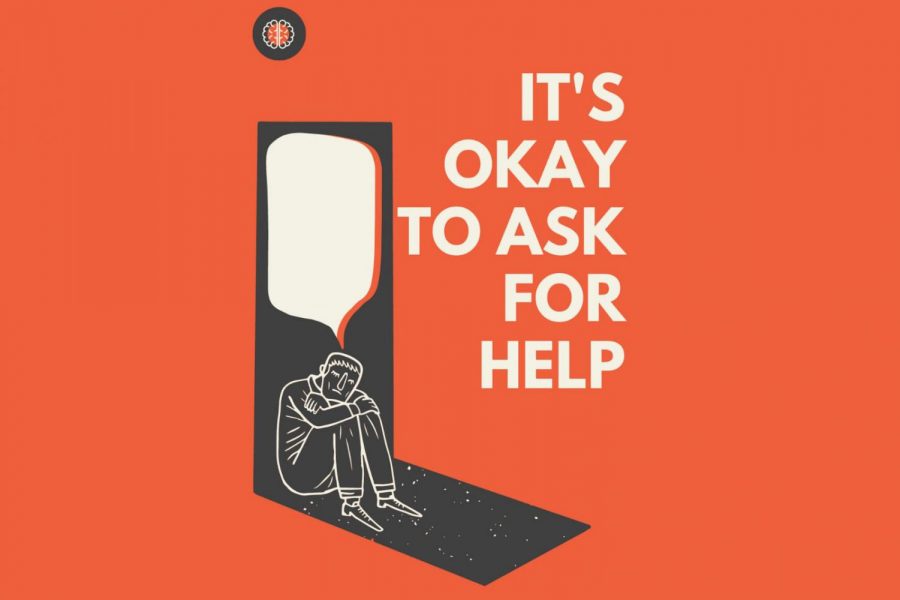The Counseling and Psychological Services (CAPS) at UTEP has adapted and expanded its services to include CAPS to Go, a virtual resource aimed to better help students cope in these tumultuous times.
Since the early emergence of the pandemic, CAPS has been working to introduce changes that include a rework of the format in which they deliver their services to students and a comprehensive selection of virtual workshops.
CAPS to Go is a relatively new assistance resource presented as a series of workshops being offered on the department’s website to promote mental health and self-care during the pandemic. According to Ana Laura James, licensed psychologist and outreach coordinator at CAPS, the series is designed to be delivered in a concise manner for easy access and with the intent of imparting brief segments of knowledge and counsel to be consumed safely from home.
“It’s very convenient for people whether they’re taking a class or working, we keep in mind that we have students and staff who are also parents. They can connect with us briefly and learn about things like stress management and then go back to what they’re working on,” James said. “It’s an easy way to engage in what they need to, while also still allowing for the improvement of their mental health. That is the purpose of CAPS to Go.” The sessions are cataloged and presented in an engaging layout that takes on a restaurant-like mental health menu, complete with bilingual options, which navigates with ease to satisfy every palate.
The “Appetizers” section features a prerecorded series of five to ten-minute videos on recognizing one’s emotions, meditation exercises, relaxation techniques, and the maintenance of social connectivity in an age of social distancing.
The “Entrée” section offers a sequence of 20 to 45-minute videos with topics ranging from seven tips to manage COVID-19 related stress and rebuilding daily structure at home, to maximizing homework output and preparing for finals.
The “Specialties” menu is made up of scheduled live wellness workshops lasting 45 minutes to one hour. Some of the workshops available for registration include “mindfulness-based stress reduction”, “the path to self-compassion“, and a self-care 101 overview.
To top off the nourishing mental meal, the “Dessert” menu serves up an array of leisurely activities to partake in while staying safe at home, such as a selection of coloring pages and music, various virtual museum tours, a live look at animal antics from the El Paso Zoo’s very own exhibit camera footage, and even a happiness class.
Aside from transitioning to online operations, CAPS has also gone from offering their services to students, to extending them to the entire UTEP community including faculty and staff. ‘Identifying and Working with Students in Distress’ is one workshop being offered particularly to faculty and staff. It focuses on ways they can help students transition to online learning, by being understanding and recognizing the stresses coupled with the pandemic. CAPS is also placing an essential emphasis on the mental health of staff.
“Often we forget faculty and staff are facing the same struggles during this pandemic. They’re also having to learn new programs and platforms and are having to transition all their classes to online instruction,” James said. “So, part of this training also focuses on strategies to help them try and take care of themselves while they take care of their own students.”
In addition to this, the ‘Online Learning in Times of COVID’ workshop discusses some of the challenges the rapid transition to online learning has presented and offers solutions to them.
CAPS will be offering a final exam preparation workshop one week before class finals. It will accommodate students with 15-minute stress buster session” where they can call the office during business hours and speak with a staff member live who will advise each individual student on stress management.
The CAPS hotline can be accessed by dialing (915) 747-5302 where mental health professionals are available 24 hours a day Monday through Sunday. . Suicide prevention programs and outreach has expanded significantly within the department as well, with over 200 members of faculty and staff expertly trained in suicide prevention.
“Something that is important to remember right now is to be aware of yourself and your own feelings,” James said “Whenever you find yourself struggling with the current situation just remember that you are not alone. You can always give us a call; we are here for you all.”
Sasha Minjarez may be reached at [email protected]; @SashEm_ on Twitter.










